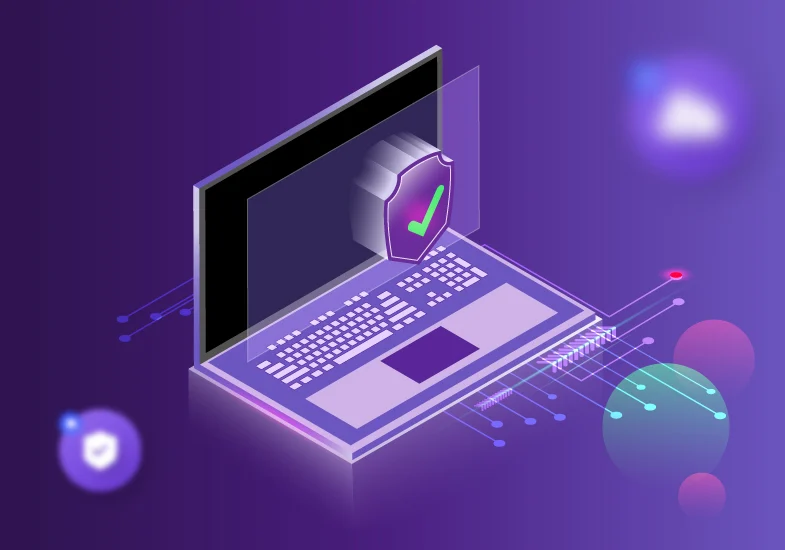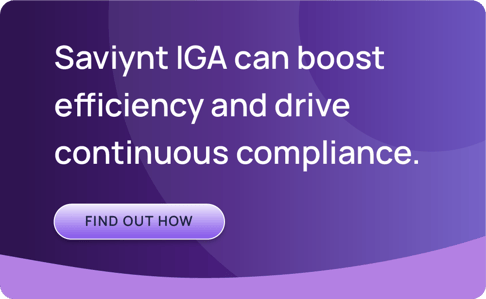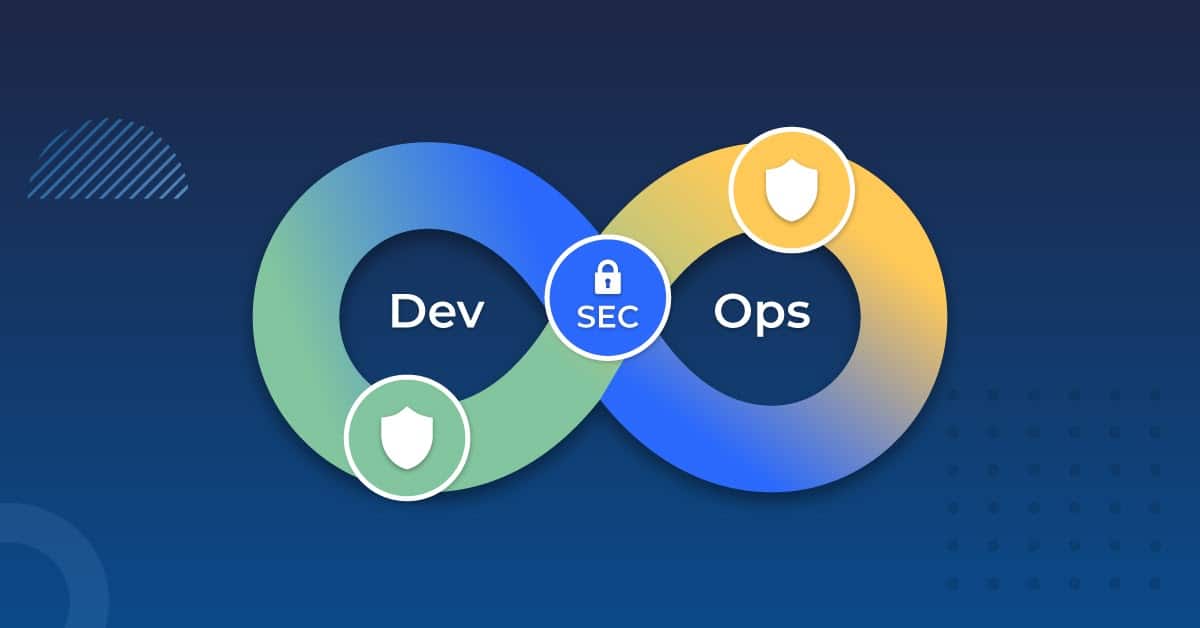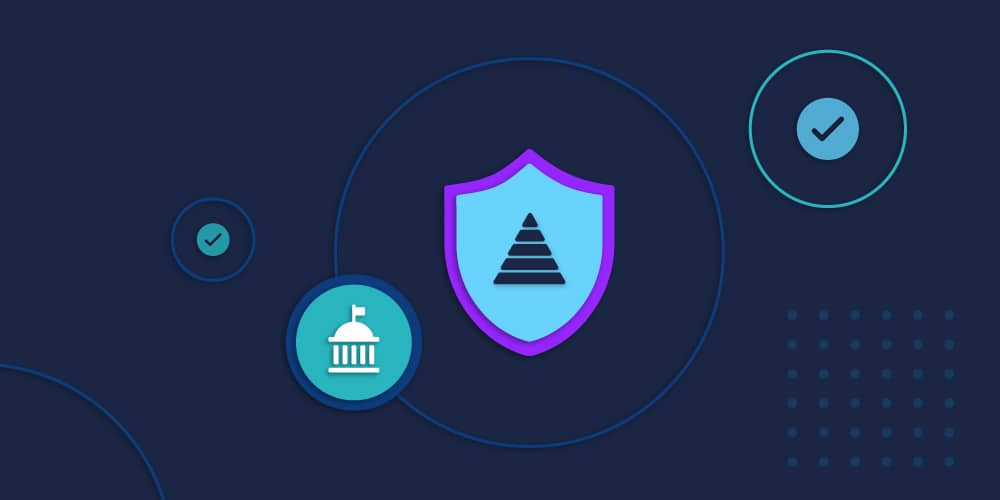IGA as the Backbone of Better SOX Compliance
In the wake of corporate scandals, SOX passed, requiring US public companies to maintain strict controls over financial reporting. This includes ensuring that only authorized individuals have access to financial systems.
Notably, the legislation demands enforcement of Separation of Duties (SoD) policies to prevent fraud by ensuring that at least two entities are responsible for the separate parts of sensitive tasks.
SOX also requires that companies maintain auditing, logging, and monitoring across all internal controls, network and database activity, login activity, account/user activity, and information access.
When audited, compliance or security teams need to be able to generate reports and prove compliance; ideally, without over-extending staff or reverting to manual and error-prone reviews.
How Modern IGA Capabilities Address SOX Compliance Threats
Want to prove duties segregation? You need great visibility.
Enterprises must be able see how tasks or roles interact across cloud, on-prem, and hybrid applications and maintain agility to ensure ongoing compliance.
As we’ve uncovered, legacy systems often limit cross-application visibility. For instance, an outdated Governance Risk Control (GRC) system may only allow you to review one application at a time when preparing for an audit. Here, a sensitive task that intersects across multiple applications would go undetected.
Even GRC solutions that look across applications are limited to a high-level view. Problematically, the action that would tip off a SoD violation may occur deep in the security model.
But modern IGA solutions will support granular access controls and automate fundamental IAM activities (e.g. – user provisioning and de-provisioning, predictive SoD analysis, and access logging and usage tracking) for simpler SOX compliance.
After visibility, automation is a pre-IPO company’s X-factor.
Saviynt’s Enterprise Identity Cloud (EIC), for example, automatically applies access management policies across the identity lifecycle — from access requests to workforce changes.
Automated smart reviews handle “low” or “no” risk requests to improve decision making and free up IT hours.
In pursuit of SOX compliance, modern IGA platforms can deliver actionable insights, automate decisions, and generate compliance reports against a wide range of industry-specific requirements. With pre-defined reports, teams spend significantly less time digging up information for auditors.









